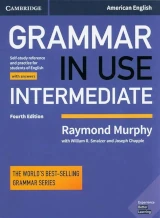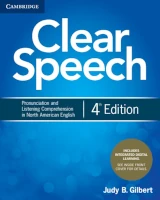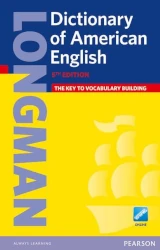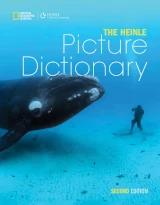Vocabulary: Compliment vs Complement –
In this article we’ll take a look at another pair of English words that can cause confusion: Compliment vs Complement. Although they look very similar and sound exactly the same, their meanings are very different. Let’s see how it works:
Compliment (with an “i”)
A compliment is a kind or polite remark. It’s something nice you say to someone to show that you like, admire, or approve of something. Notice it can be both a countable noun (a compliment, many compliments) and a verb (to compliment someone).
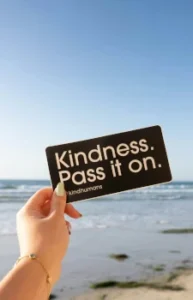 Compliment with an ‘i’ is the one you’ll probably use most in daily life; it’s a lot more common in everyday situations than complement with an ‘e’.
Compliment with an ‘i’ is the one you’ll probably use most in daily life; it’s a lot more common in everyday situations than complement with an ‘e’.
Here are a few examples of compliment with an ‘i’:
Examples:
Noun: She gave me a compliment on my new haircut.
- Noun: We’ve received a lot of compliments from neighbors about our holiday decorations.
Verb: I’d like to compliment you on your excellent work!
You can give a compliment, receive a compliment, or compliment someone on their appearance, work, or ideas.
Remember this connection: Compliments are kind.
Complement (with an “e”)
A complement is something that completes or goes well with something else. It’s often used to describe things that match, enhance, or balance each other. Once again, this can be used as both a noun and a verb, depending on the situation.
 Complement with an ‘e’ is not as common in daily conversation as compliment with an ‘i’. It’s a little more of a technical word about things that go well together. Still, it can be quite useful in the right situation!
Complement with an ‘e’ is not as common in daily conversation as compliment with an ‘i’. It’s a little more of a technical word about things that go well together. Still, it can be quite useful in the right situation!
For example:
That appetizer is the perfect complement to the meal.
- The colors blue and yellow complement each other.
Her creativity complements his technical skills.
Think of it like this: A complement completes.
Common Mistake to Avoid
What makes these words tricky to remember is that they are homophones—they sound the same, but are spelled and used differently.
To help you choose the right word, try to remember these easy connections:
A compliment is kind (i = nice thing).
A complement completes (e = enhance or match).
Quick Practice
Choose the correct word:
1. He gave her a sincere _______ about her singing voice.
2. The new colors really _______ the design.
3. I’ve heard a lot of _______ from people who love my salmon recipe.
Answers:
1. Compliment
2. Complement
3. Compliments
I hope this vocabulary guide to compliment vs complement has been helpful! Feel free to comment below with examples or more questions.
If you’d like to learn more about how ESL Advantage tutoring can help you take your English skills to the next level, reach out to me today or connect through our Contact Form.
You may also enjoy this article about the differences between the words normal, typical, and regular
Note: As an Amazon Associate, I earn from qualifying purchases, at no additional cost to you. Recommended resources are carefully selected and help support the operation of my blog, so thank you for clicking!

